Have you ever noticed how certain people can recall even the most basic information and instantly grasp new concepts? Learning how to boost memory may not be as tough as you may believe.
To maximize your brain's capabilities, you must keep it active and alert. Surprisingly, we may not be putting our brain power to good use, yet we seldom consider engaging in little training every now and then.
For a long time, scientists believed that we were born with the brain we had! Fortunately for us, that notion has been debunked! Enterneuroplasticity, a new theory that has demonstrated one astounding fact: our brains can change. A good definition from the National Library of Medicine is “the ability of the nervous system to change its activity in response to intrinsic or extrinsic stimuli by reorganizing its structure, functions, or connections.” [1]
This suggests that it's okay if you're not particularly intelligent in one area. You may be able to help 'change that part of your brain'. Why not try some simple exercises and see if you feel a difference?

The wonderful part is that you don't have to be a millionaire if you want to support your mental ability. Try setting aside some time each week to train your brain as a first step.
Aside from using flashcards, what else can you do to help recall things better and learn new things faster? Check out these simple ways to support your memory and assist your focus:

1. Be Active and Get Your Body Moving!
Physical activities not only exercise the body, but they also may aid to exercise the mind. Obesity and the variety of ailments that may develop as a result of being overweight may also do major injury to the brain, thus exercise (particularly aerobic exercise) is king when learning how to support your memory.
According to research, exercising four hours after learning may improve memory retention substantially. Some research has suggested that “appropriately timed physical exercise can improve long-term memory and highlight the potential of exercise as an intervention in educational and clinical settings.” [2]
Get active every day and see if it helps boost your memory. Even a quick stroll may be something you want to incorporate. Walking, swimming, and dancing are all enjoyable hobbies. There’s so much to choose from!

2. Try a Mediterranean diet
The Mediterranean is known for its sun, sea, and food. Their diet is rich in vegetables, fruits, whole grains, beans, nuts, seeds, and olive oil. It also includes moderate amounts of dairy, fish, and wine, while red meat, poultry, and processed foods are limited.
A study conducted [3] shows that the Mediterranean diet may provide long-term brain protection. Over three years, study participants who followed a Mediterranean diet had higher brain volume than those who did not. It also helped to slow down the rate of cognitive decline and is linked with better brain function in older adults.

3. Get enough quality good sleep
Getting a consistent 7 to 8 hours of sleep each night may help you support your memory. During sleep, the brain firms up memories of recently acquired information. [4].
Getting quality rest will allow you to complete the entire range of nocturnal cycles, which are required for healthy brain and body functioning throughout the waking hours. Sleep deprivation, on the other hand, can severely impair your capacity to generate memories.
Another useful method is to take a nap during the day, especially after learning something new. This might help you remember and refuel your brain and keep it sharp, the length of your snooze is also quite significant. One piece of research indicated that participants who rested for 30-90 minutes had superior word recall [5].

4. Include Egg in your Daily Breakfast
An egg is an optimum breakfast, according to Larry McCleary, M.D., creator of The Brain Trust Program. Eggs include B vitamins, which aid in the burning of glucose by nerve cells, the production of antioxidants that protect neurons from injury, and the provision of omega-3 fatty acids that help maintain nerve cells functioning at peak efficiency. Breakfast is crucial if you want to understand how to increase memory.*
Fruits, vegetables, and lean meats are also good additions to your morning meal. Trans fats and high-fructose corn syrup should be avoided. Trans fats reduce the capacity of brain cells to communicate with one another, and studies have shown that HFCS can directly harm the brain by inducing insulin resistance [6].

5. Brain Training Activities
You've undoubtedly heard of or perhaps tried some of the various brain training activities, websites, and applications available. Brain games that are specifically designed to help teach knowledge retention skills may be quite effective in terms of aiding focus and memory.
Take on new cognitive tasks on a regular basis to keep your brain “working out” and engaged. Moderation is always advised since excessive exposure may lead to burnout. It is recommended that you set aside at least 30 minutes to an hour every day.
6. Brain Booster Supplements
Many individuals wish to support their cognitive health with vitamins, and if you're one of them, check out our Advanced Brain Booster+.
Nature's Branch Brain Booster+ is a professionally formulated brain nootropic supplement for cognitive health assistance. Our Brain Booster+ has 40 quality ingredients that help assist focus and clarity. It also promotes energy levels and supports mental alertness.*
As an extra bonus, we provide a free 'BRAIN TRAINING' eBook that is jam-packed with material on learning techniques and tactics, as well as valuable exercises.
Everyone has the potential to learn and different tactics may work for different people. Try out some of the suggestions above to see what works best for you.
References:
-
Puderbaugh, M. (2022, January). Neuroplasticity. National Library of Medicine. https://pubmed.ncbi.nlm.nih.gov/32491743/
-
Eelco V.Van Dongen. (2016, July 11). Physical Exercise Performed Four Hours after Learning Improves Memory Retention and Increases Hippocampal Pattern Similarity during Retrieval. ScienceDirect. https://www.sciencedirect.com/science/article/pii/S0960982216304651
- Luciano, M. (2017, January 31). Mediterranean-type diet and brain structural change from 73 to 76 years in a Scottish cohort. Neurology. https://n.neurology.org/content/88/5/449
-
Wamsley, Ph.D, E. J. (2012, March 12). Memory, Sleep and Dreaming: Experiencing Consolidation. National Library of Medicine. https://www.ncbi.nlm.nih.gov/pmc/articles/PMC3079906/
-
Can a Nap Boost Brain Health? (2021, October 27). Johns Hopkins Medicine. https://www.hopkinsmedicine.org/health/wellness-and-prevention/can-a-nap-boost-brain-health#:%7E:text=Napping%20for%20a%20Better%20Brain&text=Nearly%2060%20percent%20of%20participants,for%20longer%20than%2090%20minutes.
-
Simopoulos, A. P. (2013, July 26). Dietary Omega-3 Fatty Acid Deficiency and High Fructose Intake in the Development of Metabolic Syndrome, Brain Metabolic Abnormalities, and Non-Alcoholic Fatty Liver Disease. MDPI. https://www.mdpi.com/2072-6643/5/8/2901


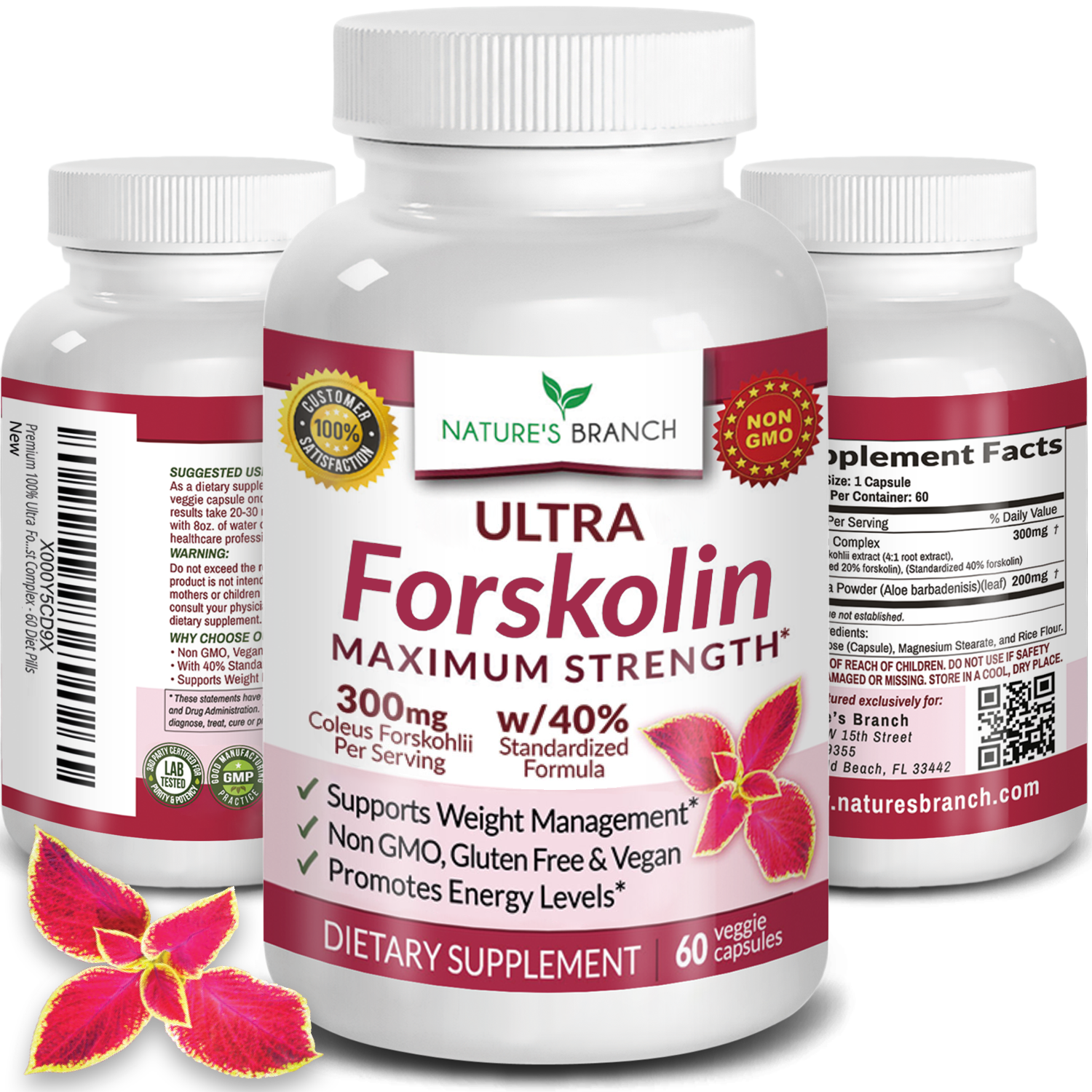
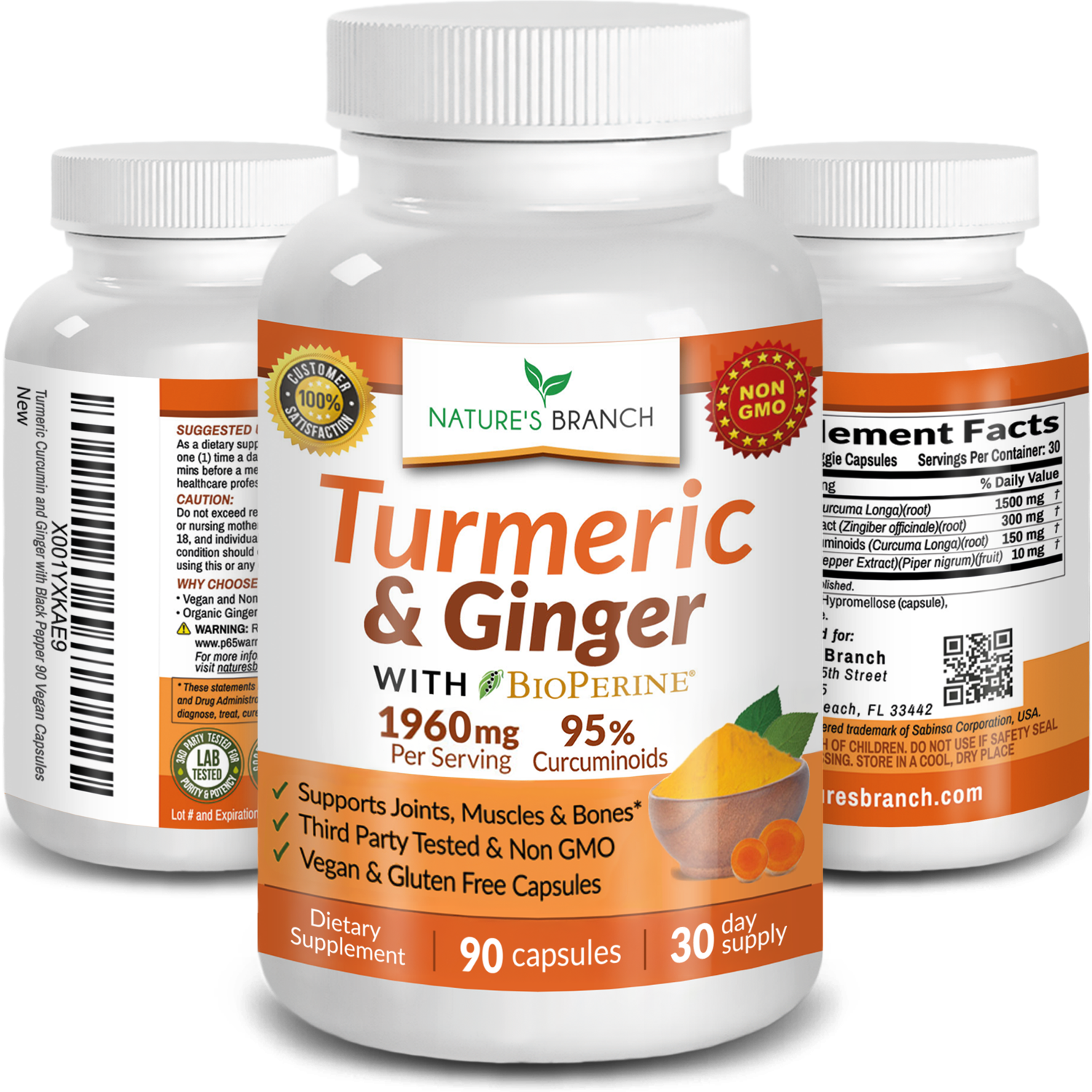
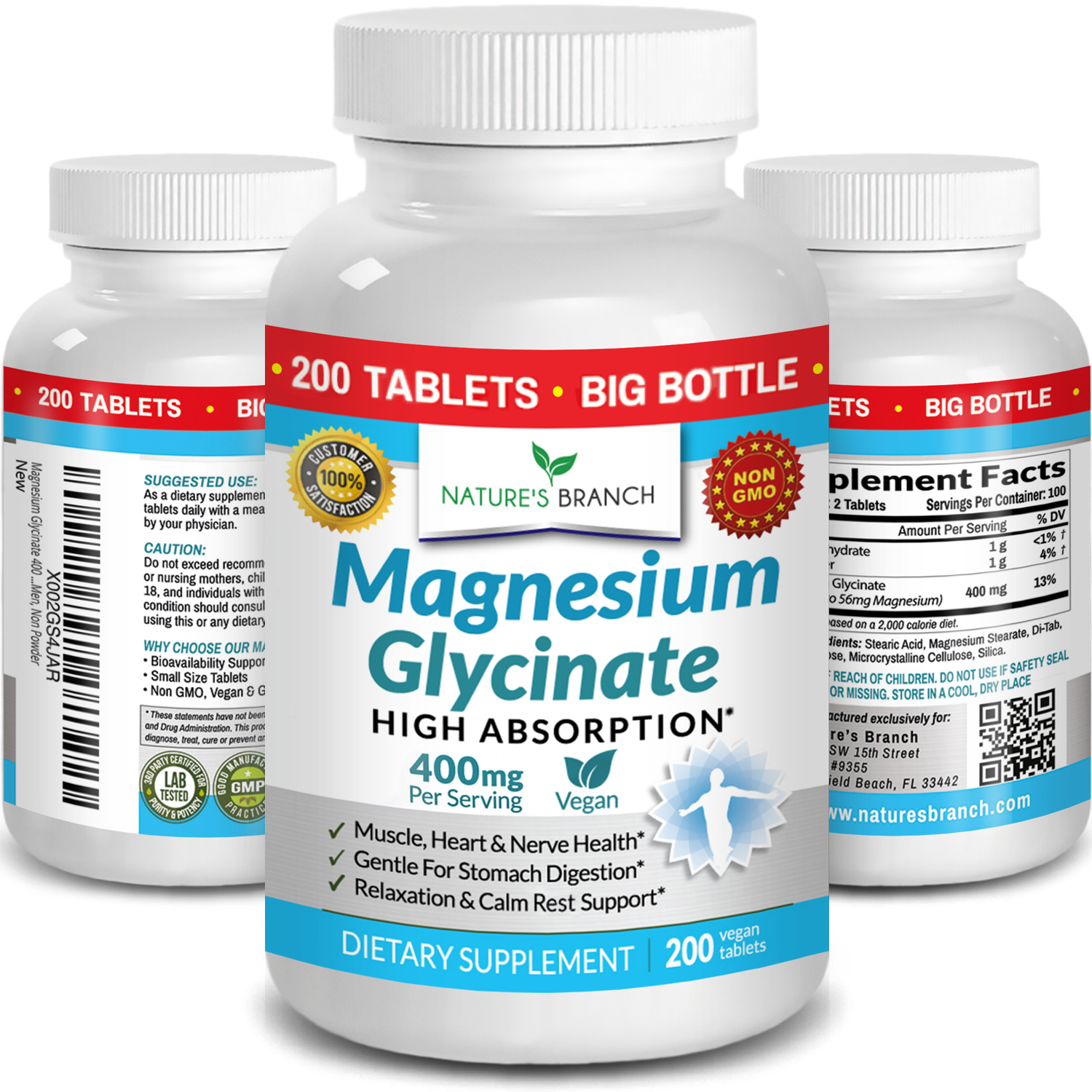
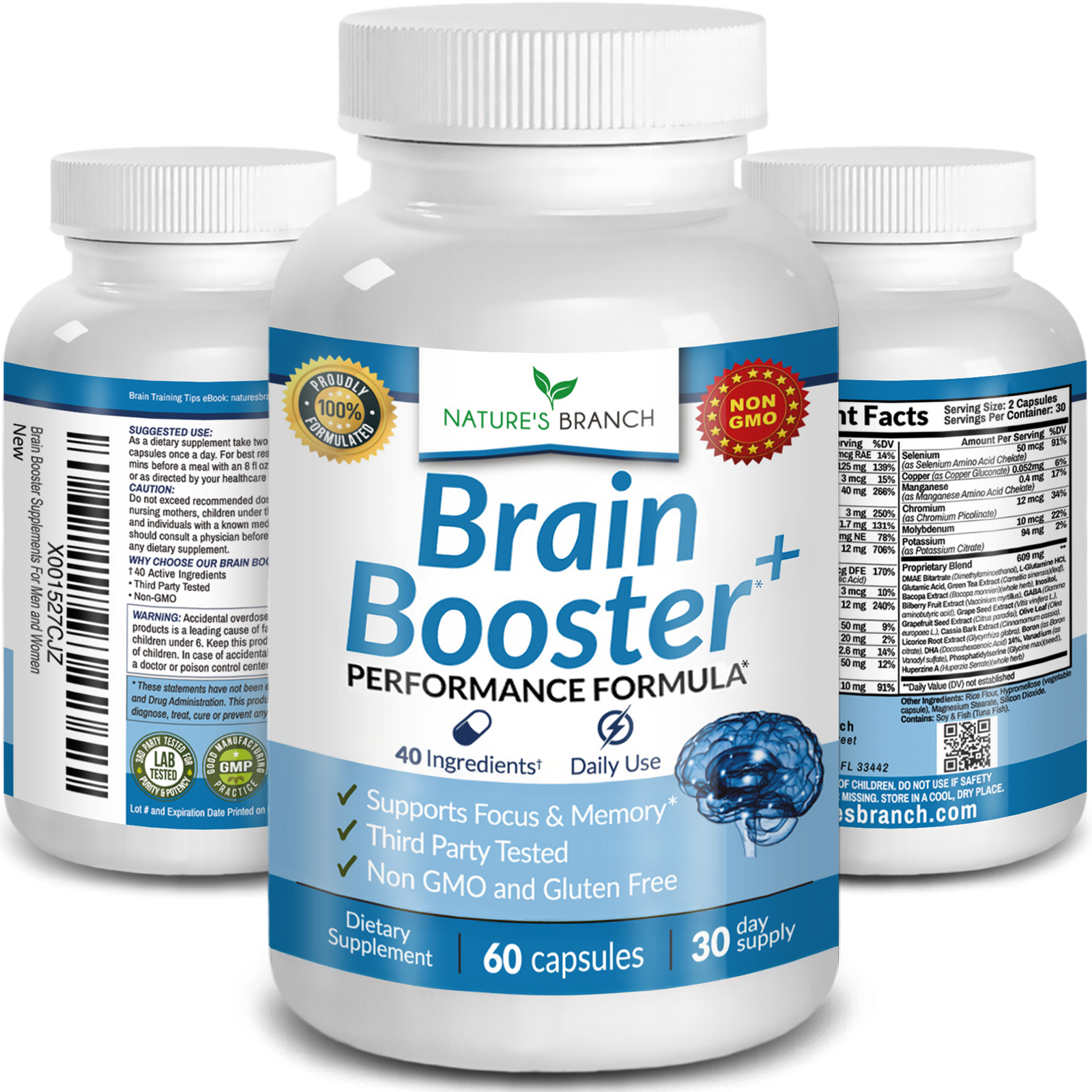




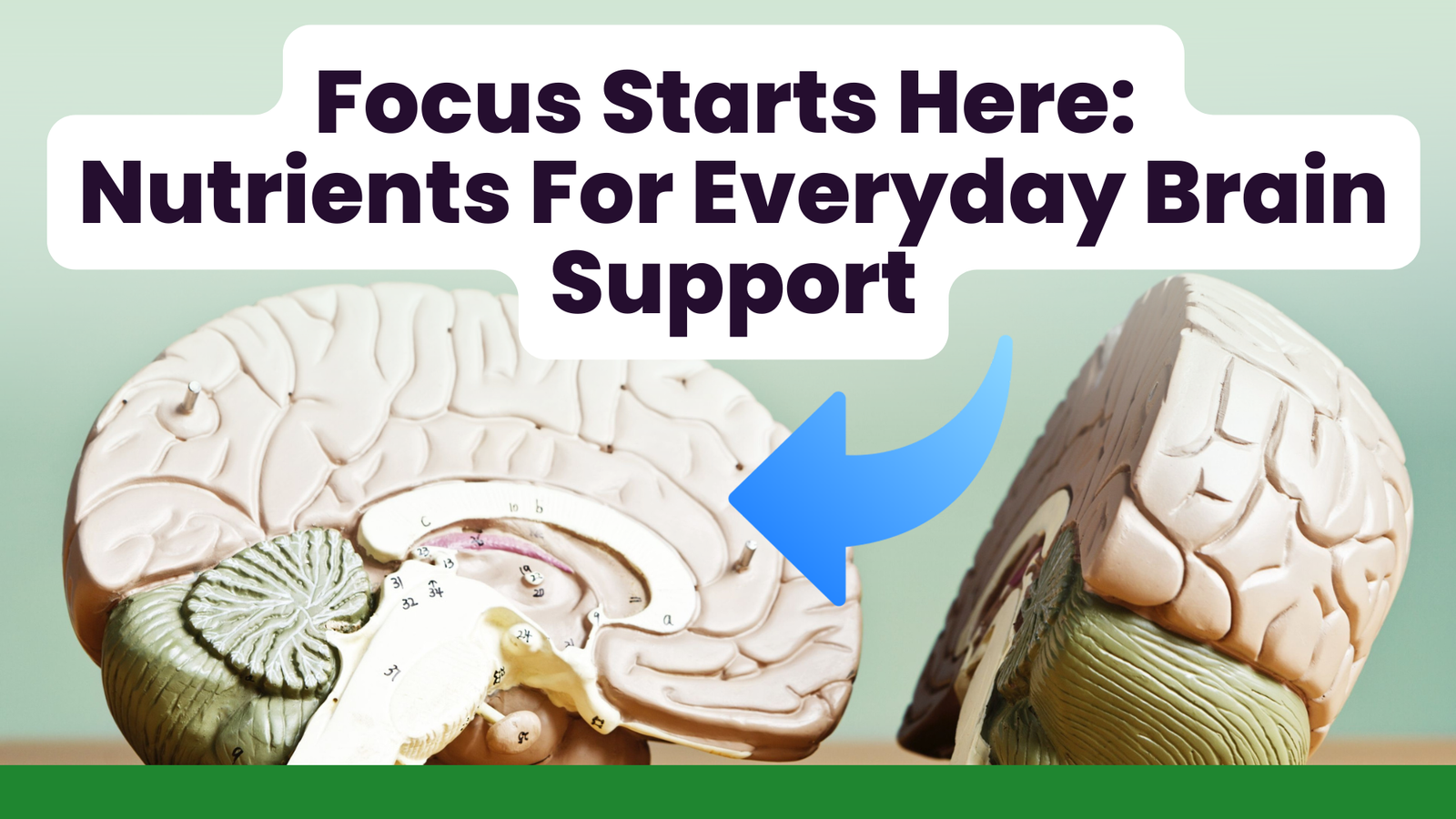
Leave a comment (all fields required)